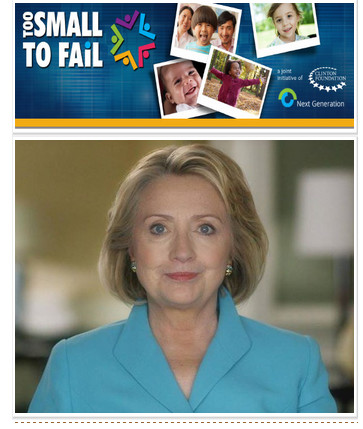Infant Mental Health Begins With Nurturing Relationships
When
a baby cries for attention or smiles for the first time, he is
communicating with the people around him so that they can help him meet
his physical and emotional needs. But how his parents respond to those
early communication attempts—as well as the security he feels from these
early interactions—will help shape his mental health and social skills
for years to come.
Very
young children depend on the adults in their lives to help them
regulate and express emotions. When a child cries, he expects that his
parent or other loved one will pick him up to soothe him; when he gets
excited about something he sees, he turns to his caregiver to understand
what he is experiencing and will gauge his reaction accordingly.
Responsive, nurturing interactions with parents and other caregivers
help infants and toddlers understand that they are loved, and also help
them understand what they can expect from healthy relationships.
If
a young child consistently experiences neglect, or he repeatedly does
not receive positive input from his attempts at communication, he
experiences distress and may exhibit emotional, developmental or mood
disorders. And if a child lives in a high-stress environment wherein the
parents or caregivers are themselves experiencing high stress due to
income instability, abuse, or illness, it is unlikely he will receive
the nurturing he needs in order to develop normal mental and emotional
health.
Researchers
have even found that pregnant mothers who experience high levels of
stress during pregnancy pass on higher levels of cortisol to the
developing fetus’s brain, affecting its development. These higher stress
hormone levels in utero may contribute to higher rates of Attention
Deficit Hyperactive Disorder (ADHD) and autism.
While
stress and neglect can be damaging to a baby’s or toddler’s mental and
social development, the effects can be reversed. With enough nurturing
and positive interactions, even young children that have experienced
high stress levels can learn to form healthy relationships with others.
Also, the more that parents protect their own mental health by lowering
stress levels and seeking professional help if needed, the better their
relationships with their children will be.
Learn More:
In The News:
- “How Parents’ Stress Can Hurt a Child, From The Inside Out”, Forbes, July 25, 2012.
- “The Chronic Stress of Poverty: Toxic to Children”, The Shriver Report, January 12, 2014.
- “Parents’ Depression Linked to Problems in Children,” New York Times, May 7, 2012.
Video
Watch
this fascinating video from Zero to Three to understand how babies
experience distress when parents disengage emotionally.
>>

